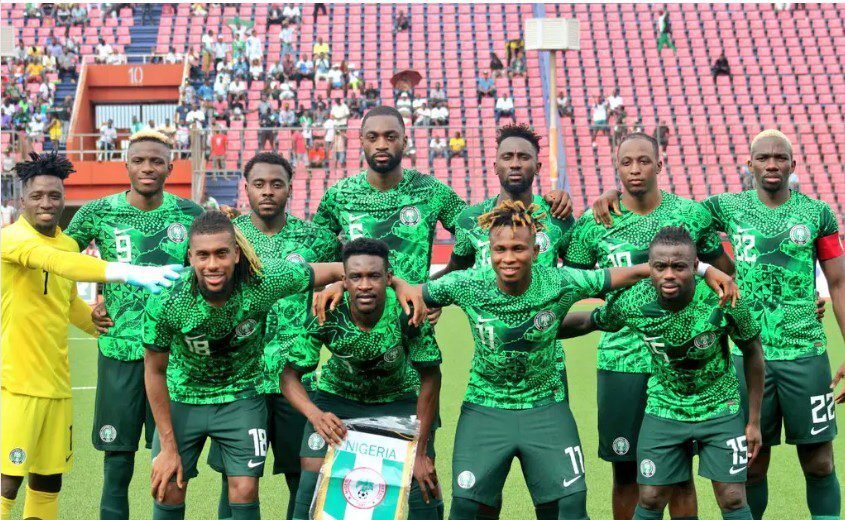
The 2024 AFCON tournament will surely leave a lasting memory, marking itself as an event to be treasured and remembered for years.
In 2024, the lively nation of Cote d'Ivoire hosted the African Cup of Nations, a football spectacle synonymous with unity and fierce rivalry. Beyond the friendship, it also allowed Nigeria an avenue to continue its long-standing rivalry with Ghana.
The competition began on January 13, with Ivory Coast defeating Guinea-Bissau 2-0 to take the lead. The next day, Nigeria took the pitch and faced off against Equatorial Guinea, ending in a draw. Only the most passionate football fans watched at first, doubting Nigeria's chances; we would only wait for the scores after the matches.
But the country began to pay attention when the Super Eagles dominated the group stage, defeating rivals and going against the odds. The football pitch became a venue for joy and pride in the country despite its many problems. It also gave us something to distract ourselves and talk about on the timeline.
Game after game, the tension built as the Super Eagles continued to defeat their opponent. Individuals with underlying heart problems were urged not to watch because of the high tensions, and it seems that some individuals died (I personally cannot verify or debunk that rumor).
The game between Nigeria and South Africa—which took place immediately following the Grammy Awards—drew most viewers. Nigerians viewed it as a chance to get revenge for Davido's loss to Tyla's hit song "Water." We overcame South Africa in the battle of Afrobeat VS Amapiano, displaying no compassion and winning Amapiano for the nation after several high-stress moments, heart palpitations, and high cries.
Many Nigerians eagerly anticipated the final match against the Ivorian elephants, congregating for watch parties to provide support and ""ginger"" to one another. As for the rest of Africa, they awaited Nigeria's downfall because, well, they simply can't handle our guts. Honestly, I don't blame them.
Nigerians went into the finals with high expectations because we were on a winning streak, but little did we know that we couldn't defeat Ivory Coast at home, which only highlights our vast home training. We returned to our land after a soft 2-1 loss, letting the elephants have it.

Here are some of the reasons, in my opinion, why the Eagles did not perform well in the finals: there were just too many poor efforts. For the final championship match, Aina opted to play his weakest game. Chukwueze had no business starting the game, and Iwobi was just a bystander on the field. In addition, the Eagles have never won an AFCON championship against a host nation. Last but not least, I got the unsettling feeling that Ivory Coast was after Osimehn's life.
The Nigerian Super Eagles have gained new supporters, particularly among the female demographic. Nwabali, Ekong, Aina, Osimehn, and Iwobi (50/50) have excelled on the pitch and made their country proud.
Over the past month, Nigerians have been joking around on social media platforms, flying our national flags with pride. We have lowered our flags, realising and remembering that this country still resembles an empty landscape.